
Photo by: Kari Huus / msnbc.com
Antoine "Whitney" Dardar, a Houma tribal elder, has been fishing and trapping in the bayou near Golden Meadow, La., for his whole life.
LA FOURCHE PARISH, La. -- The native Houma people, who have long relied on fishing and trapping in the marshlands of Louisiana, have been through a lot as a tribe.
They have been robbed of their lands, subjected to segregation, witnessed the steady erosion of marshlands and been displaced by hurricanes. Now, some fear the oil slick that threatens to invade the bayou could be the final blow to their culture and traditions.
“We still could make a living here,” says tribal elder Antoine “Whitney” Dardar, 74. “But now, with the oil coming, I don’t know.”
The tribe, which has about 17,000 members, has lived off the marsh for hundreds of years, and until recently many members made their living entirely off of marsh resources—moving from one harvest to another, season by season.
Kari Huus / msnbc.com
Lifelong fisherman and trapper Aubrey Chaisson Jr., a Houma tribal member, had to pick up other work after his fishing boats were destroyed by Hurricane Katrina. He has watched the steady loss of marsh throughout his lifetime, and advised his own son to get out of the business.
“In May there was shrimping, then we would start crabbing, we caught redfish in the summer, white shrimp in August, and then trapped nutria in the fall and sold the pelts,” says Aubrey Chaisson Jr., who is in his 50s.
The Houma Indians survived this way after the Louisiana Purchase of 1803, when the U.S. government took control of the region from the French. Unlike French and Spanish colonists before them, the Americans rejected the Houma tribe's property claims, says tribal historian Michael Dardar, who is the nephew of Antoine. The Houma people were eventually forced out of their permanent villages to the north in Bayou Cane, and moved into this area deep in the marshes, where they traditionally had seasonal fishing villages.
“They ignored us and hoped we would wither away,” Dardar says.
In the 1920s and 30s, after oil was discovered in the marsh area, the Houma Indians suffered another land grab, according to Dardar.
“The Houma were mostly illiterate, and spoke only the Houma-French language,” he says. “A lot of people came in and (acquired) their property through a variety of methods.”
Many Houma people signed documents they were told were leases by the oil interests and others, but the papers turned out to be quit-claim deeds, Dardar says. Later, hundreds of the documents held by the parishes mysteriously disappeared.
“We have no tribal lands,” says Laura Billiot, a member of the tribal council that represents more than half the Houmas, who are concentrated in La Fourche Parish and neighboring Terrebonne Parish. “The oil companies and the politicians took our lands a long time ago.”
It is difficult for the Houma Indians to do battle with either oil companies or the government because they are not a federally recognized tribe, though they have tribal status with the state of Louisiana. They lost a bid to gain federal status 20 years ago, in part because of opposition from other tribes. In addition, Dardar says, oil companies petitioned the Bureau of Indian Affairs against recognition of the Houma tribe.
Paradoxically, as commercial fishermen have had a harder time making money because of foreign competition, high fuel prices and erosion of the marsh caused by oil companies, many -- including Houma tribe members -- have turned to the oil companies to supplement their incomes. And most will say they don’t oppose drilling, but wish there was more oversight of the oil industry.
Kari Huus / msnbc.com
Tommy Verdin, a fisherman and Houma tribe member, was just recovering from losses sustained during Hurricane Katrina when the oil spill occurred. Verdin stands in front of his 60-foot trawler, Cherish, on Grand Isle, which is idled by the suspension of fishing.
“It’s a tragedy what they have done here. They have made a mess of my heritage,” says Tommy Verdin, who runs a large shrimp trawler.
But when Verdin came back to Grand Isle after Hurricane Katrina and found his home reduced to a slab and his boat badly damaged, he got his captain’s license to run oil supply boats.
“I had my back against the wall,” he says.
Aubrey James Chaisson, 36, says his father advised him when he was growing up that he should not go into the fishing business. So the younger Chaisson piloted boats for the oil companies for a while before becoming the Grand Isle fire chief. But he says he misses the life he knew as a kid.
“I feel I’ve been robbed,” says the father of four. “You can’t raise your kids as native Americans anymore.”
One pocket of Houma Indian families is famously clinging to their traditional lifestyle on tiny Isle de Jean Charles in Terrebonne Parish, but their situation is becoming increasingly dire. Where there were 100 Houma families living prior to the recent string of hurricanes—Katrina, Rita, Gustav and Ike—there are now only about 20, says historian Dardar.
Some of the others would like to return, but they face obstacles that include the cost of replacing destroyed homes with stronger, higher structures on land that is rapidly eroding and sinking. In addition, the road to the island remains damaged and is regularly submerged during high tide. The parish government says it doesn’t have the funds to repair it.
Add to those challenges the threat of oil.
“The tribe is at a crossroads,” says Kirk Cheramie, program director for a Houma radio station who also acts as spokesman for the tribe. “We are tied to the land, the resources, the fish, the crab and shrimp… Not only that, but it’s where our families are buried. It’s our identity.”
Posted: By Kari Huus, msnbc.com
http://fieldnotes.msnbc.msn.com/archive/2010/05/11/2299450.aspx
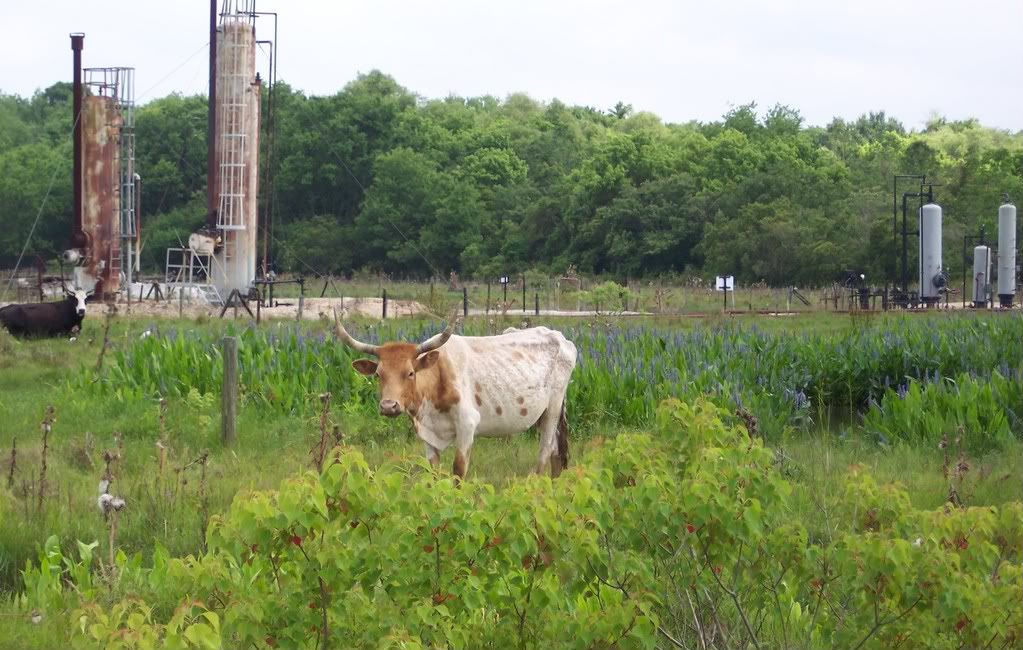
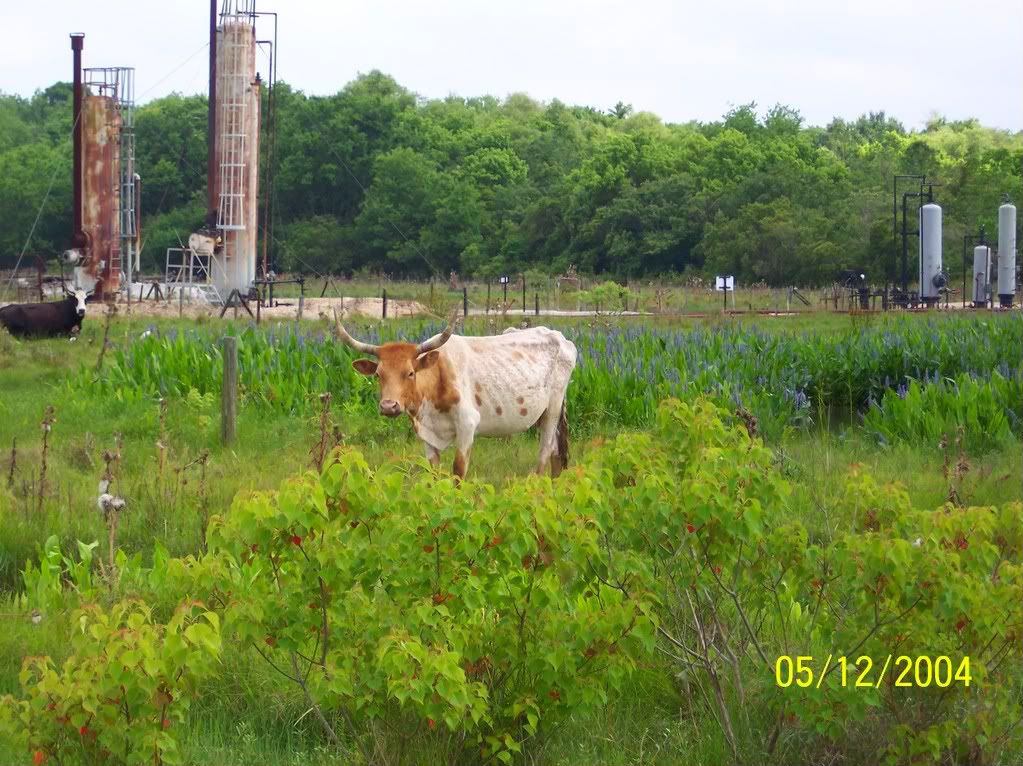
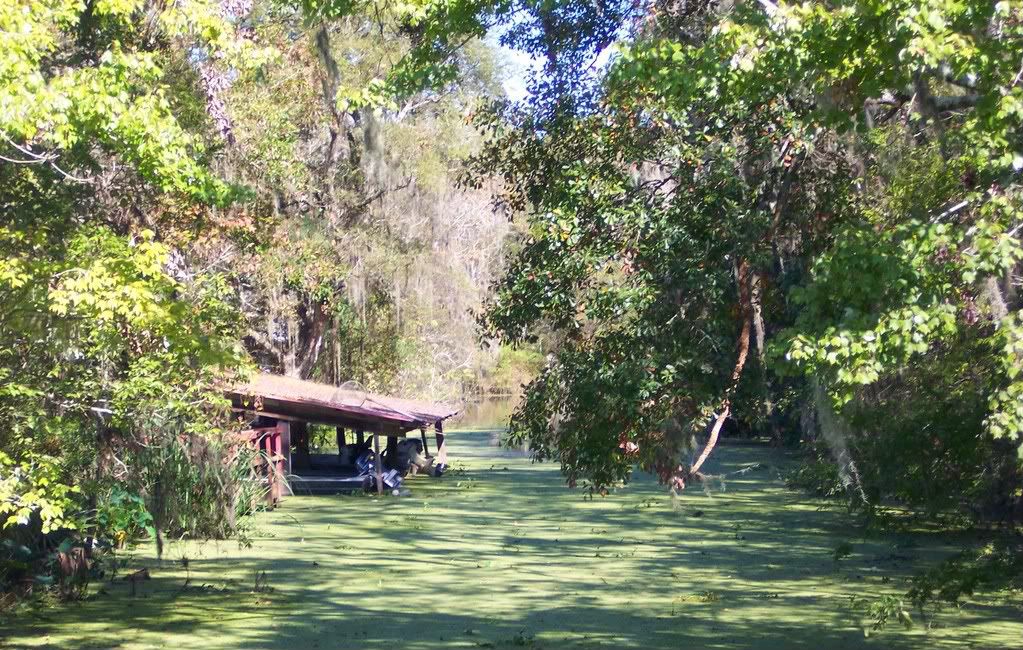
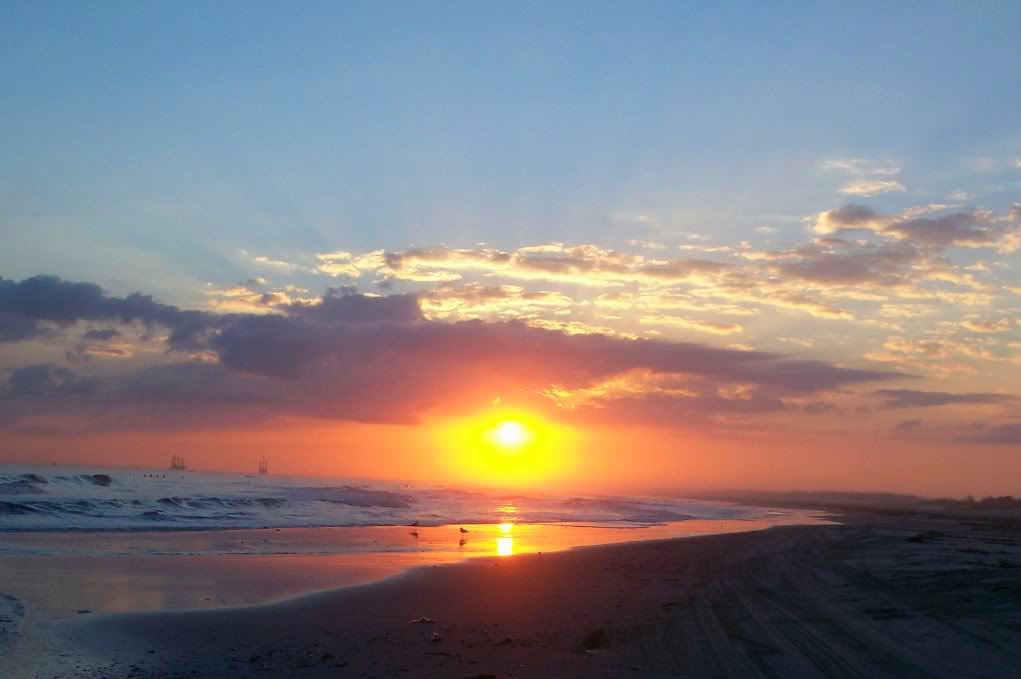



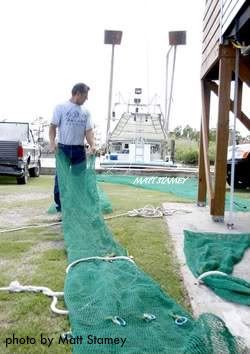
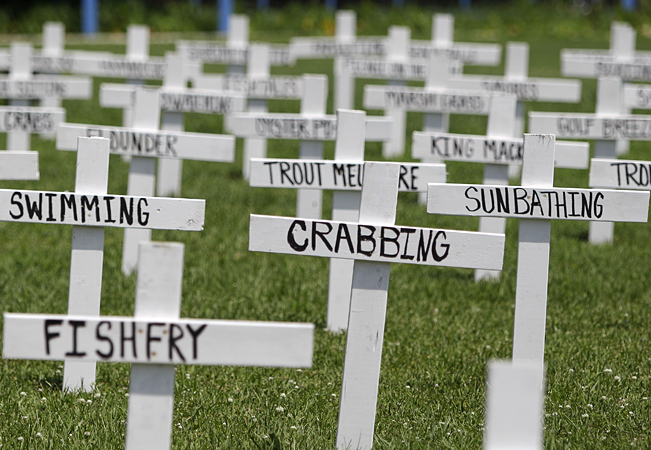

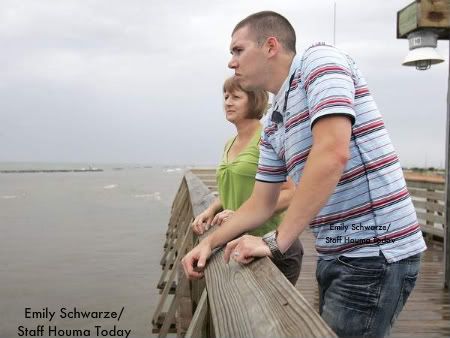


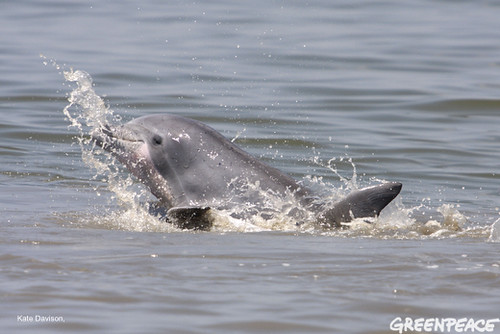
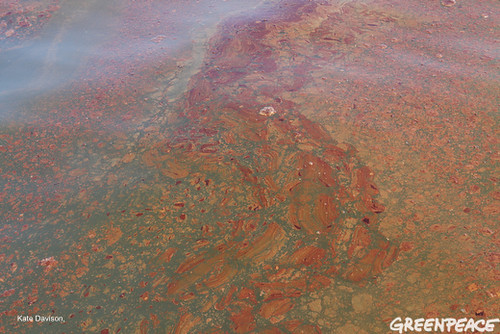
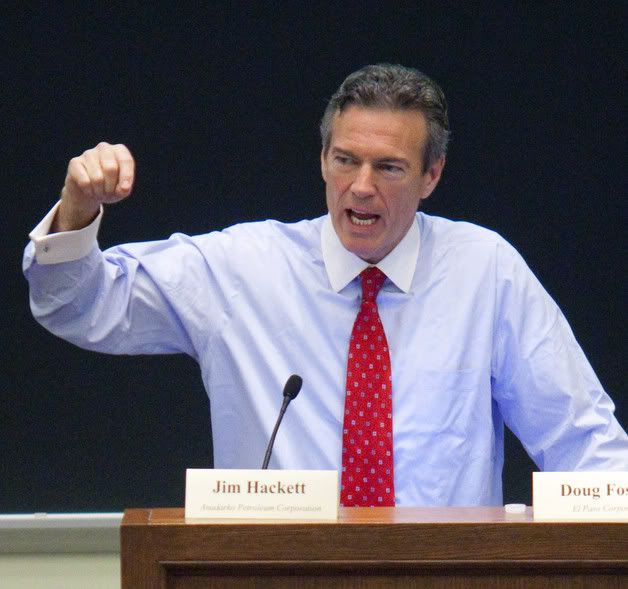






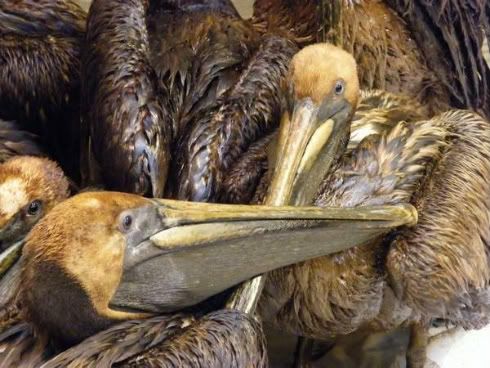



 Last week, the LA Times reported that local fishermen hired by BP to clean up the Gulf Coast spill had “
Last week, the LA Times reported that local fishermen hired by BP to clean up the Gulf Coast spill had “

